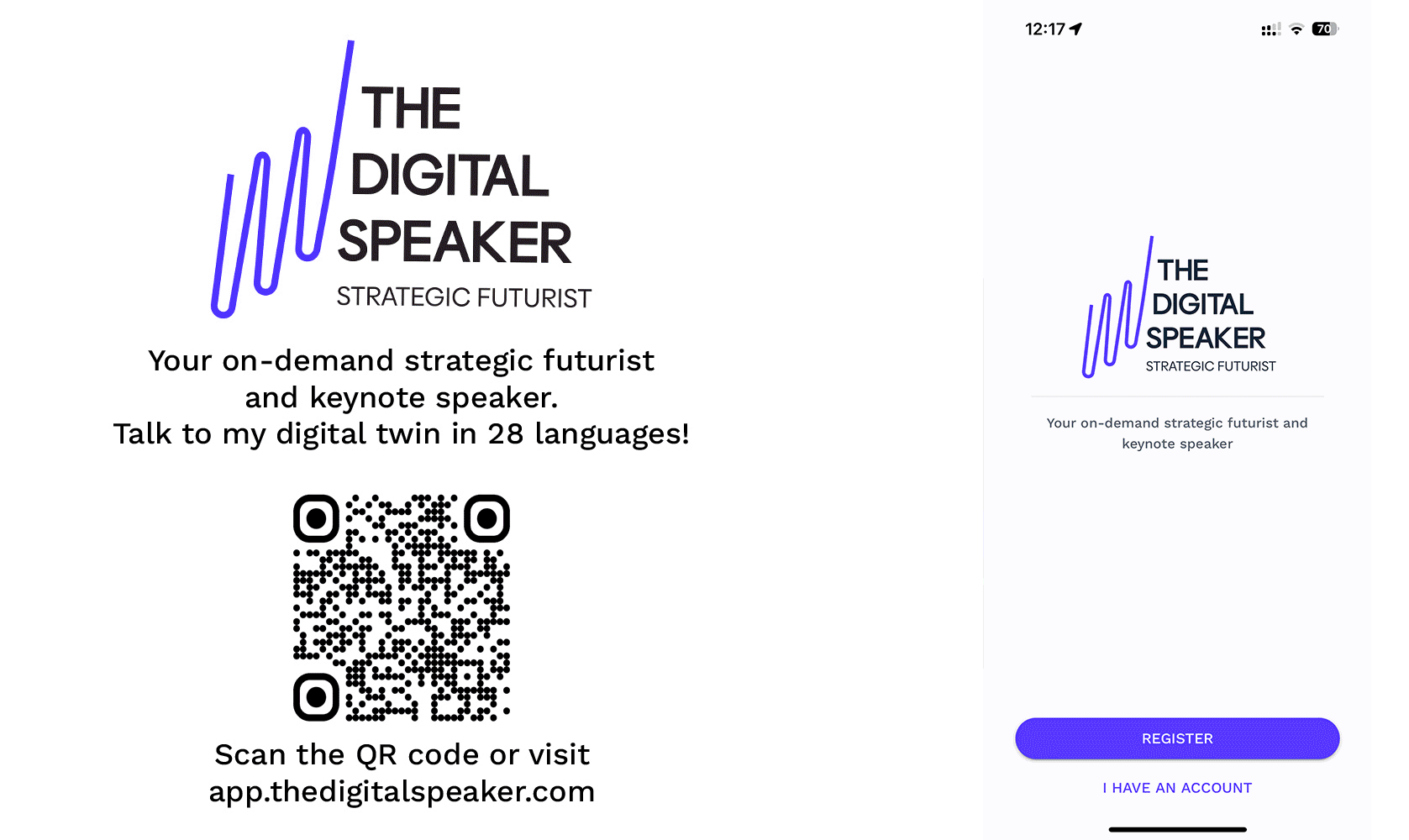Revolutionizing Genetics: AI Opens New Frontiers in CRISPR Technology

Is it time to reprogram humanity? AI-driven CRISPR advancements now challenge the boundaries of genetic ethics.
Incorporating generative AI into CRISPR gene-editing technologies, as detailed in a recent study from Profluent Bio, marks a seismic shift in biotechnology, promising more precise and efficient healthcare solutions. This AI-developed tool refines the precision of CRISPR, surpassing the limitations of natural gene editors with enhanced efficiency and reduced off-target risks. It could dramatically accelerate the ability to combat genetic diseases with tailored therapies, potentially revolutionizing patient care.
The research showcases the development of OpenCRISPR-1, a new AI-designed CRISPR-Cas protein, through deep learning models trained on vast datasets of biological sequences. Unlike traditional CRISPR systems that derive from natural sources, OpenCRISPR-1 is engineered from scratch, leveraging machine learning to predict highly effective gene-editing tools without the limitations of naturally occurring versions.
OpenCRISPR-1 has been demonstrated to edit genes with high precision and reduce off-target effects—a major concern in gene therapy—making it a potent tool for medical research and therapeutic applications. Its introduction into the gene-editing arsenal could enable more precise correction of genetic defects at the DNA level, offering hope for the treatment of diseases that are currently difficult or impossible to treat, such as certain cancers, genetic disorders, and inherited diseases. It could also open Pandora's Box of biohacking 2.0.
Using AI allows for rapid iteration and customization of CRISPR proteins, potentially adapting them to diverse medical needs across different genetic backgrounds. This capability could lead to the development of "personalized" gene therapies, where treatments are tailored to the disease and to the individual's genetic makeup, enhancing the effectiveness and reducing the risks of treatment.
The implications of such technologies extend beyond human medicine into agriculture and biotechnology, where they could be used to engineer crops with better yields, resistance to pests and diseases, or reduced environmental footprint. The flexibility and power of AI-driven gene editing herald a new era of biotechnological innovation, poised to address some of the most pressing challenges in medicine and beyond.
In essence, the convergence of AI with CRISPR represents not just a technical evolution, but a paradigm shift in how we approach and solve biological and medical challenges. The potential to move quickly from concept to clinic could significantly shorten development timelines, bringing new therapies to patients faster than ever before. This advance in CRISPR technology illustrates a remarkable leap toward a future where genetic diseases are no longer a life sentence but a curable condition.
Read the full article in the New York Times.
----
💡 If you enjoyed this content, be sure to download my new app for a unique experience beyond your traditional newsletter.
This is one of many short posts I share daily on my app, and you can have real-time insights, recommendations and conversations with my digital twin via text, audio or video in 28 languages! Go to my PWA at app.thedigitalspeaker.com and sign up to take our connection to the next level! 🚀






